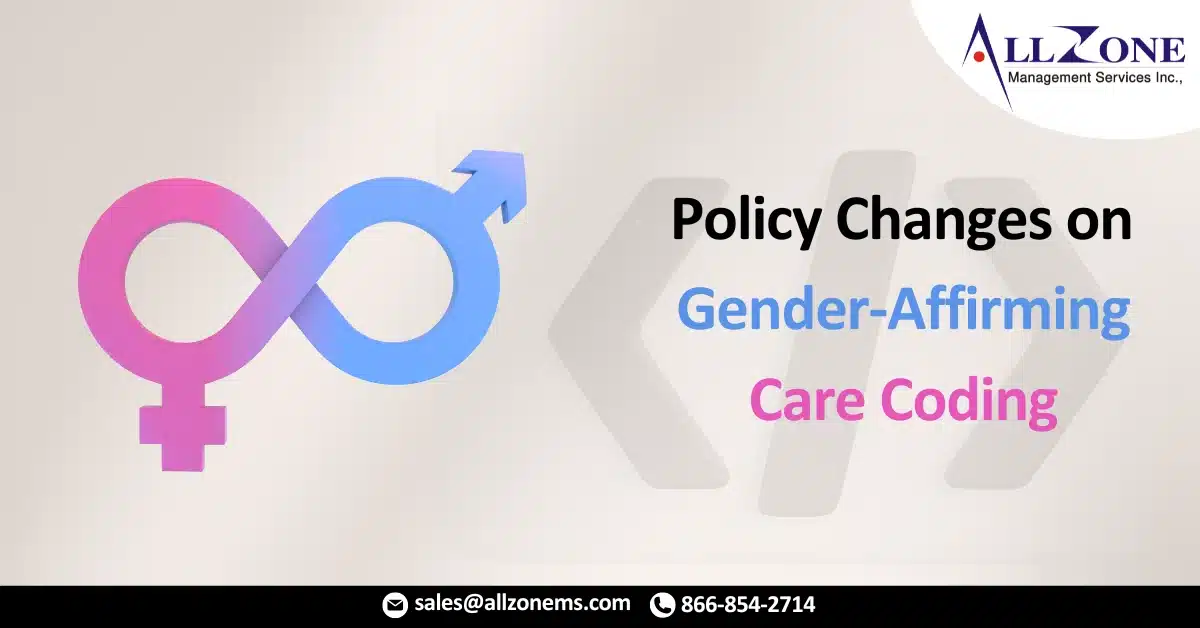The landscape of healthcare policy in the United States has recently been shaken by an executive order issued by the U.S. President, introducing significant potential shifts, particularly concerning Gender-Affirming Care Coding. This has ignited widespread concerns about insurance coverage, general medical coding practices, and compliance obligations for hospitals and healthcare facilities nationwide. On January 28th, […]
A new study by the health care system reveals a significant gap in consumer healthcare rights. Despite attempts to curb surprise medical bills, a large portion of insured Americans are still receiving unexpected charges. Adding to this problem is the high rate of coverage denials, leaving patients with substantial out-of-pocket costs and causing financial hardship […]
The HCPCS Level II quarterly update for July 2024 is now available on the Centers for Medicare & Medicaid Services (CMS) website. The update includes: 134 added codes 9 discontinued codes 32 codes with long description changes 3 codes with payment changes New HCPCS Level II Codes Effective July 1, 2024, there is one new […]
In 2019, the Office of the Inspector General (OIG) for the U.S. Department of Health and Human Services (HHS) found that one in every eight prior authorization requests was denied by Medicaid managed care organizations. Dive Brief: A recent report by the HHS’ Office of the Inspector General suggests that due to high rates of […]
Based on FAIR Health’s Monthly Telehealth Regional Tracker, the national decline in private insurance telehealth claims reached 5.4% in April, comprising 5.3% of all medical claims. This reduction can be observed across all four U.S. census regions: the Midwest (4.7%), Northeast (6.3%), South (6.8%), and West (6.4%). On average, patient visits lasted between 20 and […]
How do you resolve a repeated and shooting up problem like claims denials? It’s been a fresher subject for revenue cycle management professionals for years that are only experiencing hotter with the growing pressures of staffing shortages, troubles with staff movement and instructing and developing policies and protocols at the government and payer levels. On […]






